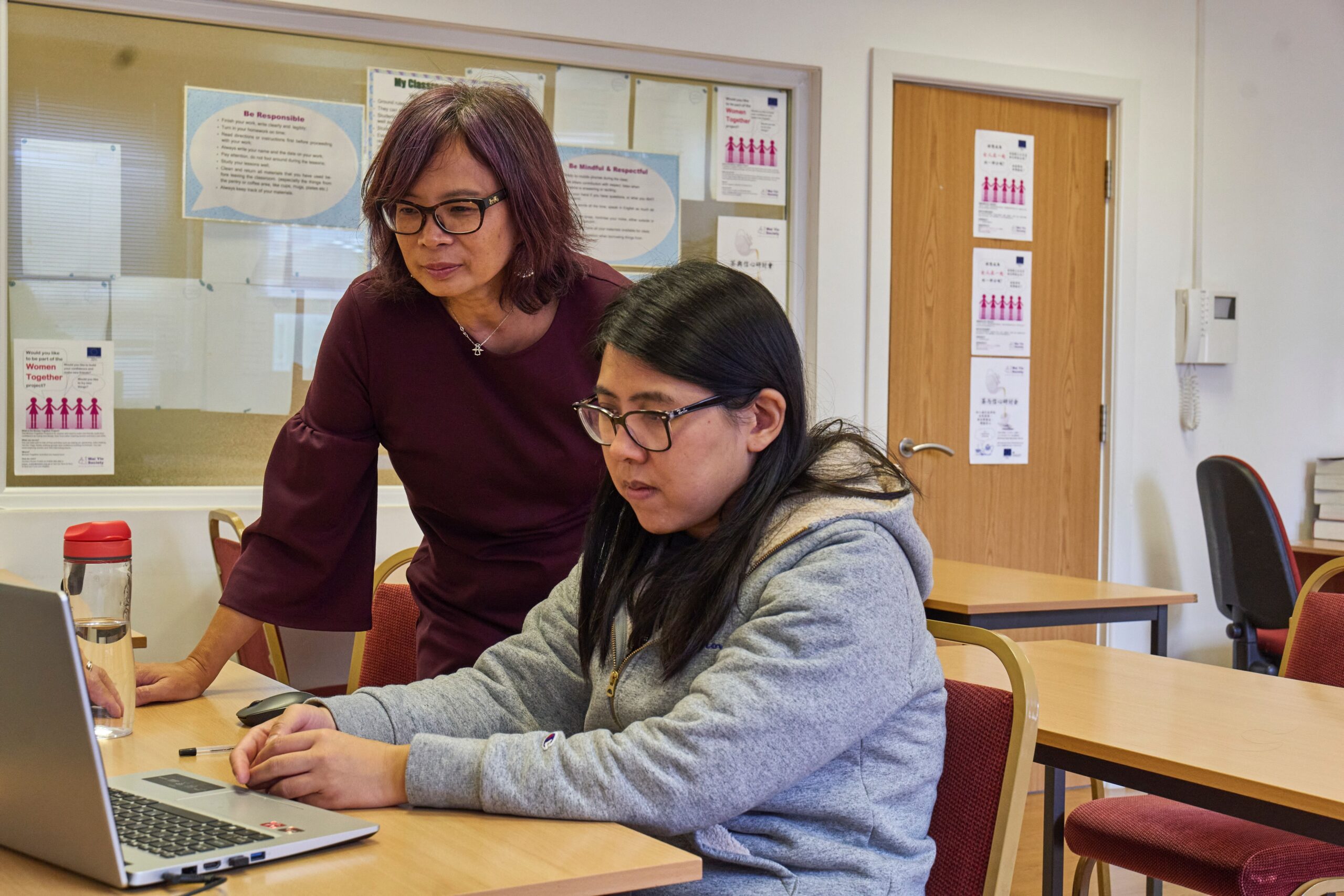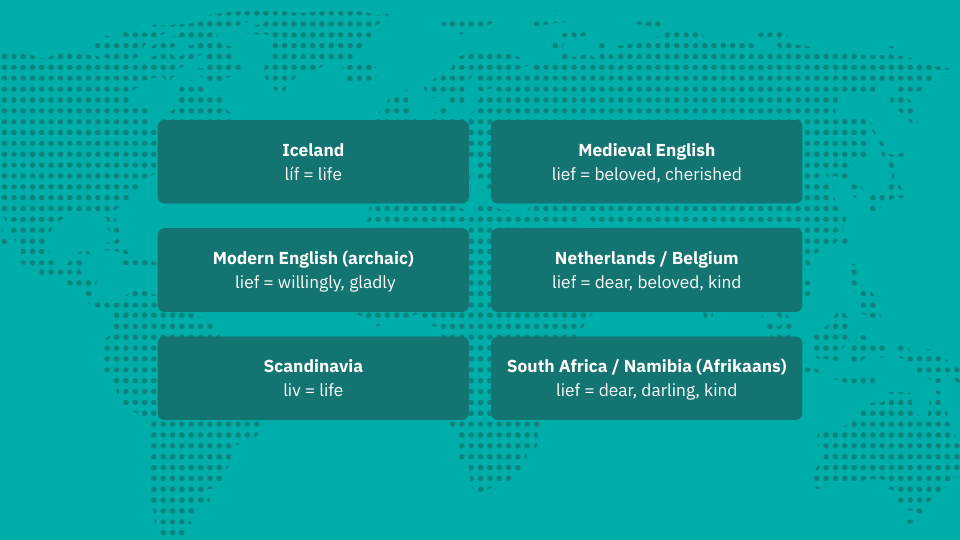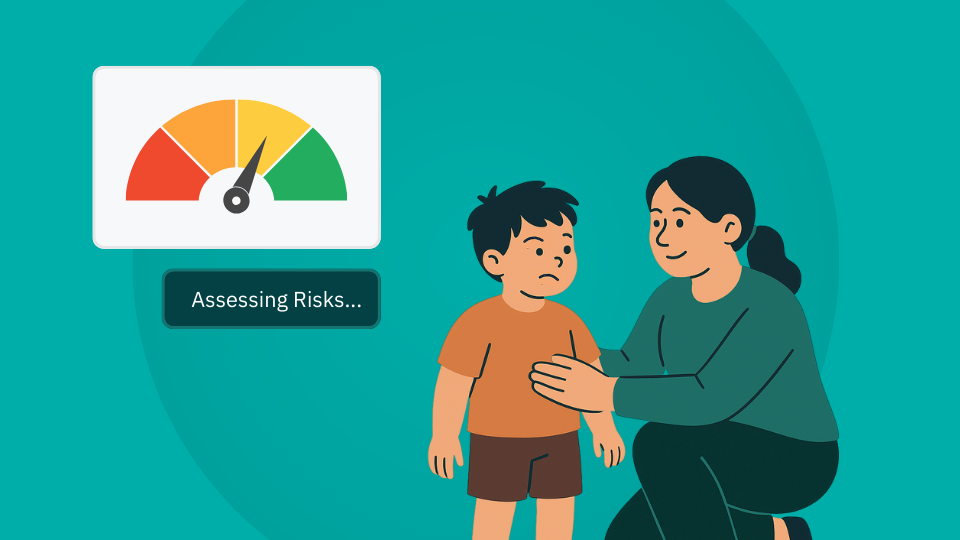Establishing Trusting Relationships
Building strong, trusting relationships with the children and young people is essential. Staff should create a supportive and nurturing environment where children feel safe, valued, and heard. Building trust helps children develop positive attachments and promotes their emotional well-being.
Individualised Care Planning
Each child is unique and has different needs and aspirations. Staff should work with the child, their families, and other professionals to develop individualised care plans that address their specific needs, interests, and goals. This includes considering their educational, emotional, physical, and social development.
Promoting Stability and Continuity
Stability is vital for children's well-being. Staff should strive to provide a stable and consistent living environment, minimising disruptions and changes whenever possible. This includes maintaining continuity in relationships with staff, education, and other support networks.
Education and Skill Development
Supporting children and young people's education and skill development is crucial for their long-term success. Staff should work closely with schools, colleges, and educational professionals to ensure that children receive appropriate educational support and opportunities for personal growth.
Emotional and Mental Health Support
Many children in children's homes have experienced significant trauma or adverse life events. Staff should be trained to recognize and address the emotional and mental health needs of children and young people. Providing access to therapy, counselling, and appropriate interventions can help them heal and develop coping mechanisms.
Encouraging Participation and Empowerment
Staff should actively involve children and young people in decision-making processes about their care and encourage their active participation. This empowers them, fosters their sense of agency, and helps them develop life skills such as problem-solving, decision-making, and advocacy.
Transition Planning
Staff should prepare children and young people for leaving the children's home and transitioning into independent living or other care arrangements. This involves providing life skills training, practical guidance, and support in accessing suitable accommodation, education, employment, and community resources.
Collaborative Working
Effective collaboration with external agencies, including social workers, educators, healthcare professionals, and support services, is essential for the holistic development of children and young people. Sharing information, coordinating interventions, and working together can improve outcomes and provide comprehensive support.
Continuous Professional Development
Staff should engage in continuous professional development to enhance their skills and knowledge in areas such as trauma-informed care, attachment theory, child development, cultural sensitivity, and evidence-based interventions. Ongoing training equips staff with the tools to better understand and meet the diverse needs of children and young people.
Outcome Monitoring and Evaluation
Regularly monitoring and evaluating the outcomes and progress of children and young people in a systematic manner helps identify areas for improvement and informs future planning and interventions. Staff should collaborate with external agencies and use evidence-based tools to assess and measure the impact of their work.
In conclusion, In conclusion, the pivotal role of children’s home staff in enhancing the lives of the children and young individuals under their care is undeniable. Through trust-building, personalised planning, stability promotion, education enrichment, and holistic support, these dedicated staff members can lay the groundwork for brighter futures. By fostering empowerment, collaboration, and ongoing learning, they create an environment where young lives are nurtured and potential is realised. In embracing these approaches, children’s home staff are not only shaping destinies but also building a more compassionate and promising world for the generations to come.




